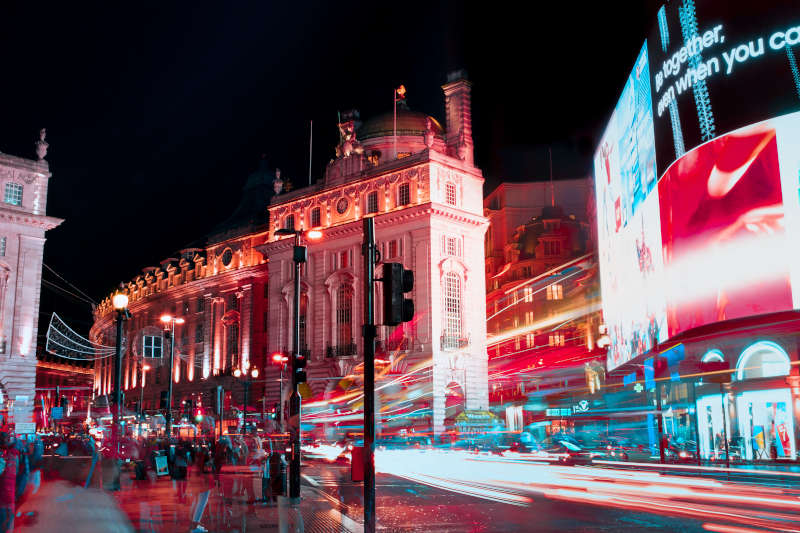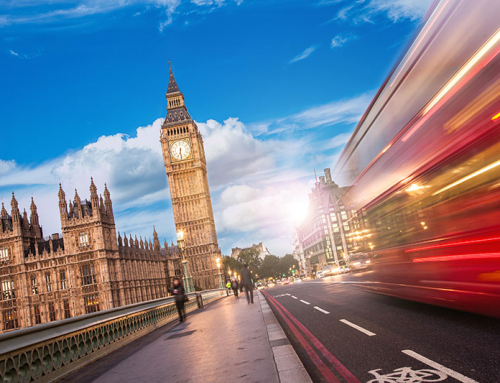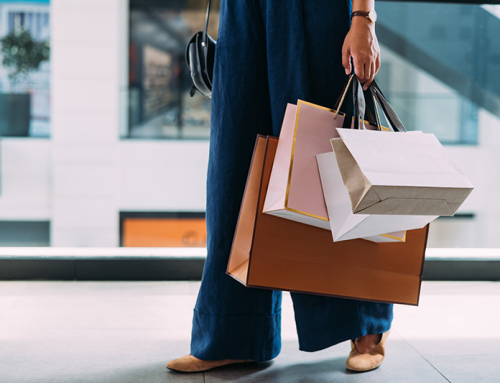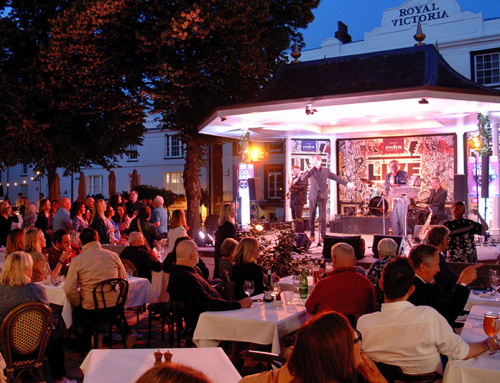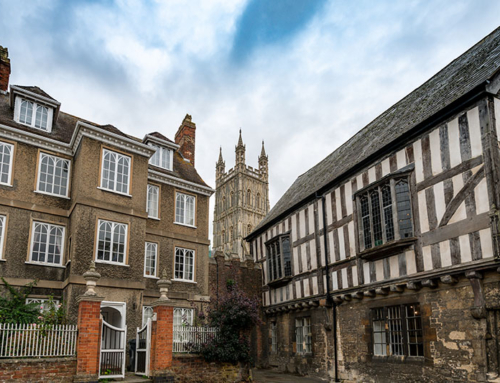It has been an uncertain time for all businesses, and while the pandemic is far from over – Great Britain’s retail sector is already seeing clear signs of recovery. The summer rebound has seen the strongest monthly growth in business activity for five years, with numbers almost on par with pre-coronavirus figures.
The Office for National Statistics (ONS) discovered that sales volumes rose by 13.9 per cent last month compared with the month before, bringing total sales across the country close to levels recorded last year. A health check on business activity from IHS Markit as well as the Chartered Institute of Procurement and Supply has also shown that the easement of lockdown has reawakened economic growth in the private sector.
Stores which are thriving
According to the ONS, traders selling household goods have been seeing an increase in sales since the start of the pandemic. As these shops were regarded as ‘essential traders’ – they were able to sell products during the lockdown, and therefore witnessed little to no in-store sales decline, whilst also seeing an online increase of 103.2 per cent.
As we’re choosing to dine at home more often, grocery stores continue to prosper. With sales rising 14.3% due to panic buying; records were broken as UK shoppers spent £31.4bn during the first 3 months of lockdown. The overall surge in online sales have also managed to keep various businesses afloat during this turbulent time.

Returning to work
Despite the encouraging figures, consumer confidence remains significantly lower due to fear instigated by the virus. It is therefore crucial that the government remains open to take further action to boost consumer demand. With the Prime Minister Boris Johnson urging the country to “go back to work, if you can” from August 1st, it is likely custom for the retail and hospitality sector will increase, as workers leave the house daily – returning to shops, cafes, restaurants and pubs.
Although the numbers have been promising from the standpoint of retail – the hospitality sector has had a harder time finding its footing in the weeks since reopening. Des Gunewardena, chairman of D&D – a company that owns various restaurants across London, used his restaurant in Victoria, the Aster, as an example. “During lunchtime, it is normally surrounded by 3,500 office workers. Last week, there were 70, I was told” he remarked. This evidence, while anecdotal, demonstrates how intrinsic white-collared workers will be in the revitalisation of the sector.
“Office workers going to pubs, into cafés are crucial to the economy.”
– Dame Carolyn Fairbairn, director-general of the CBI business group
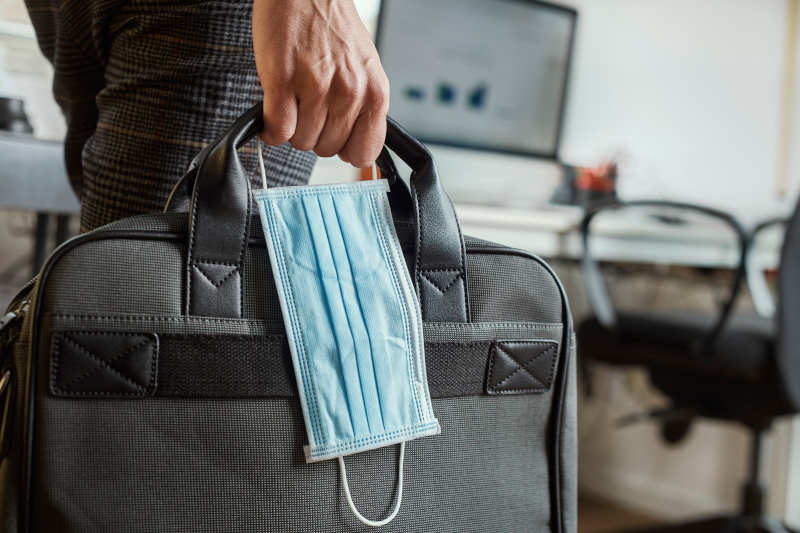
Eat Out to Help Out Scheme
Starting 3rd of August, on every Monday, Tuesday and Wednesday – the government will be offering 50% discount on food or non-alcoholic beverages to eat or drink in (up to a maximum of £10 discount per diner). The scheme is set to run every Monday, Tuesday and Wednesday from the 3rd until the 31st of August. It can be used as many times as customers like in restaurants, cafes, bars, pubs, work/school canteens and food halls.
The scheme, introduced by Chancellor Rishi Sunak, will undoubtedly be a huge help to a sector readjusting to the ‘new-normal’. It will also help build consumer confidence, and stimulate further footfall to high streets and shopping centres. Chains including McDonalds, Nando’s, Pizza Express and KFC will participate – but it’s not just about the franchised eateries; thousands of local independent restaurants are part of the scheme too.
Targetfollow
With a wealth of experience within the retail and hospitality sector, we’re pleased to see the industry successfully emerge from lockdown. The current figures are very promising, and the plans implemented by the government instil us with optimism for the future.
While incredibly convenient technological advancements have undoubtedly transformed the way in which we live – as we disappear into a digitised world, the more we yearn for tactility. The tangible experience of exploring a shop – or dining with friends is simply irreplaceable, therefore, it’s safe to assume the high street will long outlive COVID-19.

